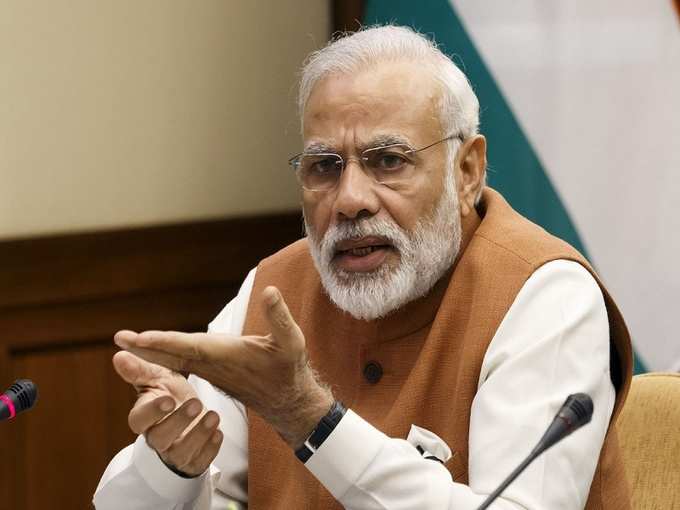
Several aspects had to be taken care of, and the most important part of the whole process was to stay focused on the bigger picture, not bowing down to the political and administrative negotiations that came with it.
It was PM Narendra Modi who was the leader of the process, along with finance minister
How often does it happen that the key members of the leading party of world’s biggest democracy meet up with the opposition leaders and that too a month after losing elections in a key state. However, it was the commitment that BJP had for GST that made him, along with Jaitley and parliamentary affairs minister Venkaiah Naidu had a meeting with former PM Manmohan Singh and Congress President Sonia Gandhi, a month after BJP lost Bihar elections.
The PM, sources say, said that India needed GST and then the FM took over, explaining to the opposition why their positions, like capping tax rate at 18% in the GST statute, had to be reconsidered. He added that while a poor GST was not an option, their other demands will be duly considered.
Also read: Removal of cesses for GST would cost government Rs 65,000 crore
Ever since then, the
As per officials that ET contacted, Modi referred to GST as more than a tax reform at Cabinet meetings, exemplifying India's "unity in diversity," asking his team to prioritise GST. The FM, very smartly negotiated the terms so that political rivalries didn’t hinder the implementation process.
In total, GST council had 12 meetings; however, from the second meeting itself, there were signs of political bitterness raising its head, which is why the government decided to seek consensus and encourage everyone to offer solutions.
While taking care of the taxation, the government had to get into intense detailing with the tax administration, which is when it demonstrated that it had no intention of cornering states.
Also read: GST to keep an eye on your perks outside CTC
In the whole process, the leading party is said to have never shied away from reaching out to rivals, just so the GST could be passed without fail. It involved reaching out to CPM's Sitaram Yechury, SP's Ram Gopal Yadav, TMC's Derek O'Brien, BJD's Dilip Turkey, NCP's Praful Patel, and several other point-persons from Congress party.
The PM had a message for his team working on GST, which was to work at top speed without compromising with the quality. The team included hundreds of officials spread in small groups, solving difficult questions of both producing and consuming states and working for a period of more than eight months, including holidays and weekends.
"It took us several months and many informal discussions to reach a consensus on how the final draft should look like," said a top official.
Also read: No GST for education and health care this year
The work of these teams should be credited for the fact that the GST framework is ready three months before the July 1 deadline.
(Image source GST Taxation)
